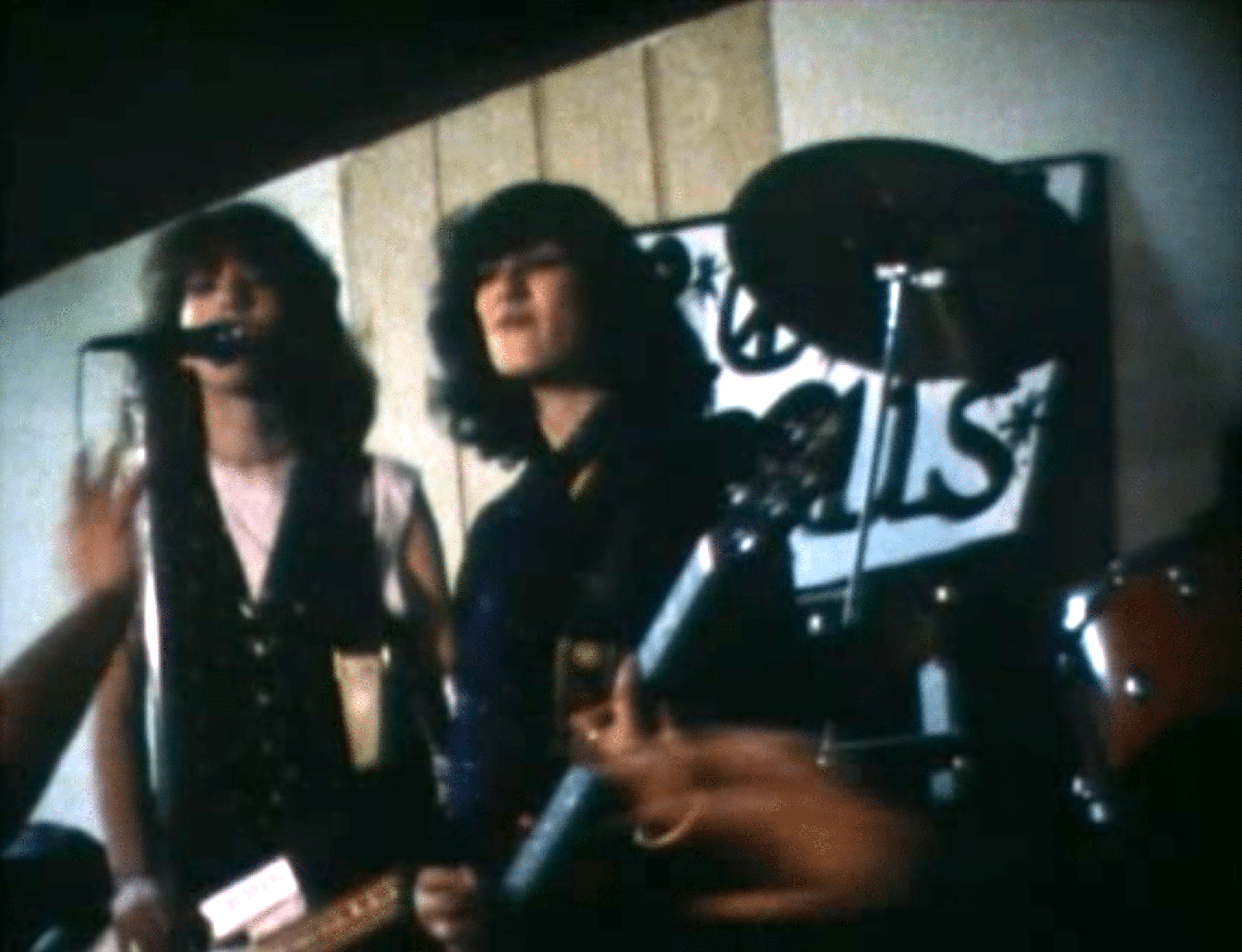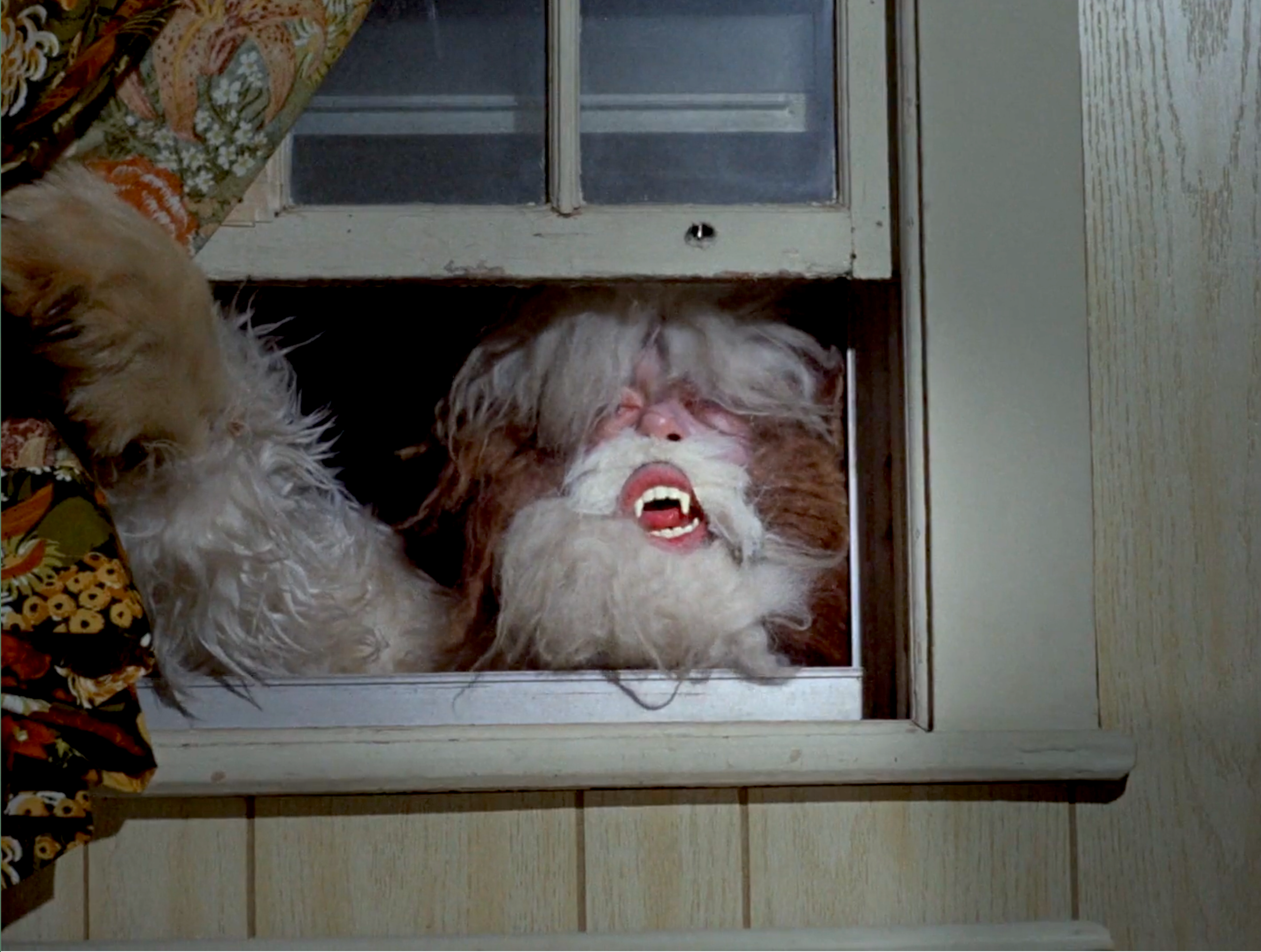
If people recognize Ross McElwee’s name they are likely to associate it with his much acclaimed documentary Sherman’s March. Its on most lists of the best documentaries and on several lists of the best films. It is indeed a great film but it is one among several equally great films made by McElwee. His films can be seen as one long documentary where each installment is as good as the next. They are a document of McElwee’s life blended with his questions about existence. Sherman’s March does a good job exemplifying his approach to filmmaking but I personally am most fascinated by his documentary titledThe Six O’clock News.
The Six O’clock News was his eighth film. He made it in 1996. It spans at least four years of his life. It has several themes and ideas that weave through it but the central subject is control. He examines his lack of control over his subjects as opposed to a fiction film director who has completely control. He examines the concepts or fate, destiny and god and how there are those who feel that their lives are controlled by these forces. He examines the camera itself as means of control as well as the news media and television in general. He sort of free associates between all of these aspects and allows them to inform each other. His meditations may feel disordered but they are thorough and substantive.
McElwee is able to see the world through a lens of control and see aspects of this idea in all of his experiences. He sees it with his wife and child, with his oddball landlord, in church, on tv and in his Harvard classroom where he teaches. The breadth of his vision is itself a result of his not being in control. Wherever his investigation takes him he spontaneously follows. He ends up interviewing firefighters in Yosemite, Evangelicals in a trailer park in Arizona, A survivor of a horrible earthquake in LA, a producer trying to hire him for a film and many more. McElwee is wide open to what the world brings him. He is friendly and inquisitive and seemingly willing to spend time talking with anyone, including a drunken homeless man who accosts him on the Santa Monica Pier.
One of the both endearing and frustrating aspects of McElwee is that he never puts his camera down. Its always on his shoulder, always rolling through birthdays, family arguments, or a walk down the street. All of his documentaries are assembled from hours of footage taken of his life. He even films himself filming. He leaves no stone unturned when it comes to exploring the facets of what he is doing and how it effects him, his subjects as well as his viewers. Its deeply philosophical but it never seems academic or removed from the concrete reality of what is in front of him.
There is a scene in which a local television news crew come to visit him because of his reputation as “the man who is always filming himself.” The team films him as he films them. They jockey for the best shooting position and light. The correspondent interviews him with her microphone and McElwee narrates through a voice over. Again he takes the political commentary he is making about the news and its ability to control its viewers and subjects and makes it personal and direct. He recognizes that he is unable to come up with a “soundbite” and so struggles to give the correspondent what she wants.
McElwee’s films all have a wry sense of humor, but they are tempered with self-deprecation. He isn’t bitter, but he can be biting. The bulk of the Six O’clock News is McElwee interviewing people who have had an experience with disaster. In particular an experience which caused them to be on the nightly news. McElwee explores the nature of mediation, the changes that occur as reality is translated into film. His landlord is obsessed with television and ends up turning himself into a hybrid of man and machine in order to impress the visiting news crew.

McElwee sees the humor in it but he also sees the layers that reveal how cameras control both the viewer and the viewed. Later he films a woman being interviewed by a news crew and then films her watching herself on tv. He notes not only the effect of the news’ crews footage on the woman but also of his own footage of her watching herself. He never leaves his participation in the manipulation unexamined.
In the opening of The Six OcLock News we see his infant son fussing on a bad. McElwee’s first line of narration is “This is my son Adrian. He seems a little perplexed by me or maybe its just my movie camera.” McElwee immediately draws attention to the fact that we do not see a baby on a bed, we see a film, shot by a filmmaker of a baby in a bed.

All of this is encapsulated in the somewhat goofy persona of McEllwee. In fact I find it hard to keep calling him by his last name. By the time you finish watching a few of his documentaries he is like a friend or a weird uncle. He’s a little bit hapless, a little bit of a nerd but it all contributes to his being a kind of outsider looking in at a world he finds confusing and captivating. To share his point of view is to share his curiosity about the world and how we construct meaningful stories about our experiences in it.If you enjoyed this article click here for more
www.filmofileshideout.com/archives/nanfu-wangs-i-am-another-you



